Fostering love of the natural world
People
The final book of beloved scholar, priest and theologian Denis Edwards, who died unexpectedly on March 5 2019, was launched in Adelaide last month. Friend and colleague FR JAMES MCEVOY spoke at the launch and wrote this review for The Southern Cross.
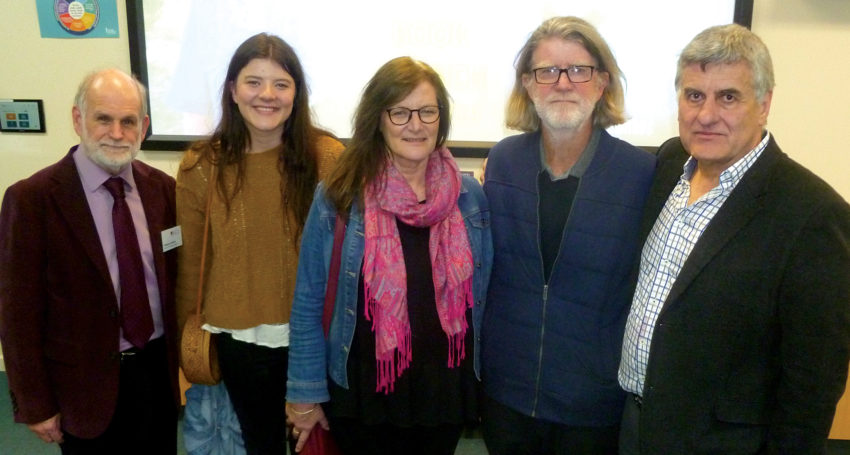
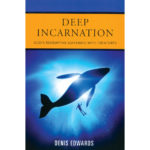 The fragility of life on our planet has been of great concern over recent decades. Global warming, the degradation of land, rivers, seas, and forests, and the extinction of species each cause deep concern for people attentive to the changing environment.
The fragility of life on our planet has been of great concern over recent decades. Global warming, the degradation of land, rivers, seas, and forests, and the extinction of species each cause deep concern for people attentive to the changing environment.
How, as Christians, can we best understand the natural world? And how does our faith call us to relate to it, especially in light of the ecological crisis? Of course, Christians see all things as created, as both having their ultimate origin in God and being constantly held in God’s love. And humanity must care for the earth as God cares for it, which, according to biblical scholars, is the best translation of the words “have dominion” in Genesis 1:26.
Advertisement
In his final book, Deep Incarnation, Denis Edwards shows that Christians have even deeper reasons to cherish the natural world. As the book’s title suggests, these reasons relate to the meaning of Jesus’ life, death, and resurrection. When the Word of God, the second person of the Trinity, became incarnate – was “made flesh” – in Jesus of Nazareth, the material conditions of existence were changed forever. In the words of a Danish theologian, Niels Gregersen, whose work Denis discusses: deep incarnation presupposes “a radical embodiment that reaches into the roots of material and biological existence”.
To explore the dimensions of this “radical embodiment”, Deep Incarnation features the best insights from theologians of the first millennium and of the 20th century: Irenaeus of Lyon from the second century, Athanasius of Alexandria from the fourth, and twentieth-century German Jesuit Karl Rahner.
One thing you can’t escape when reading this book is Denis’profound love for the natural world. Of course, that’s the whole point of writing the book: to speak of the depth of God’s love for the entire creation. But Denis’ appreciation is evident in more than, simply, the direction of the argument. Lists of plants, animals, planets, and more are scattered through these pages, from the introduction to the final chapter.
Poets often use such lists to evoke a sense of and feeling for the particular. In the introduction, Denis conveys his sense of wonder at “the big picture” by writing of the theological meaning of “mountains, seas, animals, plants, the climate of our planet, the Milky Way Galaxy, and the observable universe”. And, at the end of the book, he writes that when God embraces matter in Jesus of Nazareth, that event transforms “each kangaroo, each dolphin, as well as each sparrow in ways that are appropriate to each”.
His love of creation is not merely conceptual. His walks in Morialta Park, along Adelaide’s beaches, through the Flinders Ranges, and many other places besides, were activities in which he encountered the beauty of nature and there met God; encounters which inspired his writing of ecological theology.
Flowing through the whole book is the question: how can we think of the good, generous, and loving God of biblical faith in the face of the suffering, predation, extinction, loss, and death that seem intrinsic to our evolving world?
Advertisement
Human suffering is a challenge to everyone, people of faith included, and when suffering and death are intrinsic to evolutionary processes, as contemporary science has shown, that’s an even greater challenge. Denis’ answer to this question incorporates the insights of Irenaeus, Athanasius and Rahner.
I can’t give a detailed account of his answer here but let me offer a summary quote, an example of Denis’ beautiful writing. Within the quote he uses the word ‘kenotic’ which derive from the biblical Greek word ‘kenosis’ meaning ‘self-giving’ or ‘self-emptying’.
In the incarnation, culminating in the cross, [Irenaeus, Athanasius, and Rahner] see God freely giving God’s self in kenotic love to creatures. This means that the transcendent God has the capacity to enter into the limits and suffering of creaturely existence. As Rahner points out, this is not a diminishment of God. God is not less transcendent because God can pour God’s self out in love. Those who would claim that divine transcendence means that God could not become a creature, or suffer on the cross, and I would add, suffer with suffering creation, are in danger of using a human construct of transcendence to say what God in God’s freedom may or may not do. … God is love, the radical fulness of love, a love that can also pour itself out kenotically in a world of creatures. It is this kind of love, I am proposing, that is at work not only in the incarnation and the cross but also in the emergence of the universe and the evolution of life on earth with all its terrible costs and in all it’s wonderful outcomes. It is this kind of love, and this kind of transcendence, that enables us to claim that God accompanies creatures in their suffering, feeling with them out of the divine capacity for compassionate love, and redemptively suffering with them.
The radical fullness of love, feeling with creatures in their suffering; that’s how God is with us according to Deep Incarnation. The book is well worth a read; it will foster your faith and your love of the natural world.
James McEvoy is a priest of the Archdiocese of Adelaide and teaches theology at the
Australian Catholic University, Adelaide.


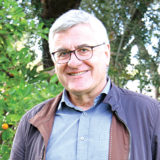
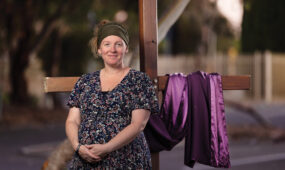
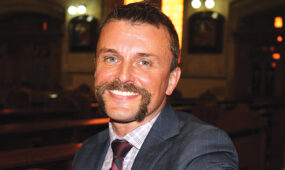

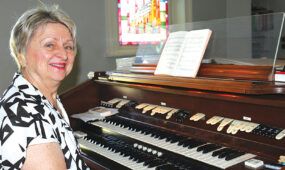

Comments
Show comments Hide comments